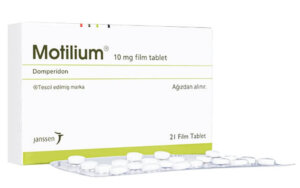What is Diabetes Alert Day? 
Since 1987, the American Diabetes Association has named the 4th Tuesday in March as Diabetes Alert Day. This year it falls on March 28th. Diabetes Alert Day was created as a public “wake-up call” to the seriousness of diabetes and the importance of understanding the associated risks of living with type 2 diabetes. Additionally, this national day aims to shed light on the need for finding appropriate care and treatments for type 2 diabetes and, wherever possible, to prevent type 2 diabetes.
What is Type 2 Diabetes?
Type 2 diabetes is a chronic condition that affects the way the body processes blood sugar. For people with people with type 2 diabetes, it is a serious health concern and is characterized by high glucose levels due to insulin resistance or insulin insufficiency. According to the Mayo Clinic, Type 2 diabetes is the most common form of diabetes, and millions of people develop type 2 diabetes each year.What happens when Type 2 diabetes goes untreated?
The importance of publicity like Diabetes Alert Day is that if left untreated or poorly managed, Type 2 diabetes can elevate the risk factors that lead to serious complications that can affect almost every part of the body, including the heart, kidneys, eyes, and nerves. These complications can include heart disease, stroke, kidney disease, nerve damage, blindness, and amputations, according to the Center for Disease Control in Washington.What are the risks of Type 2 diabetes?
The risks of Type 2 diabetes are compounded by the fact that it often goes undiagnosed for long periods. It can have a very wide range of direct or indirect causes, including genetics, diet and lifestyle. More than 80 percent of adults living with prediabetes don’t know they have it. The disease can develop slowly over time and may not present any symptoms until it has reached an advanced stage. Common symptoms of Type 2 diabetes include increased thirst, frequent urination, blurred vision, fatigue, and slow-healing wounds.How is diabetes managed?
The good news is that as long as Type 2 diabetes is detected early, it can be managed with proper treatment. There are many special diabetes medications available that help to control the level of glucose in the blood. Most of these are prescribed along with lifestyle modifications such as healthy eating, regular physical activity, and weight management.

















